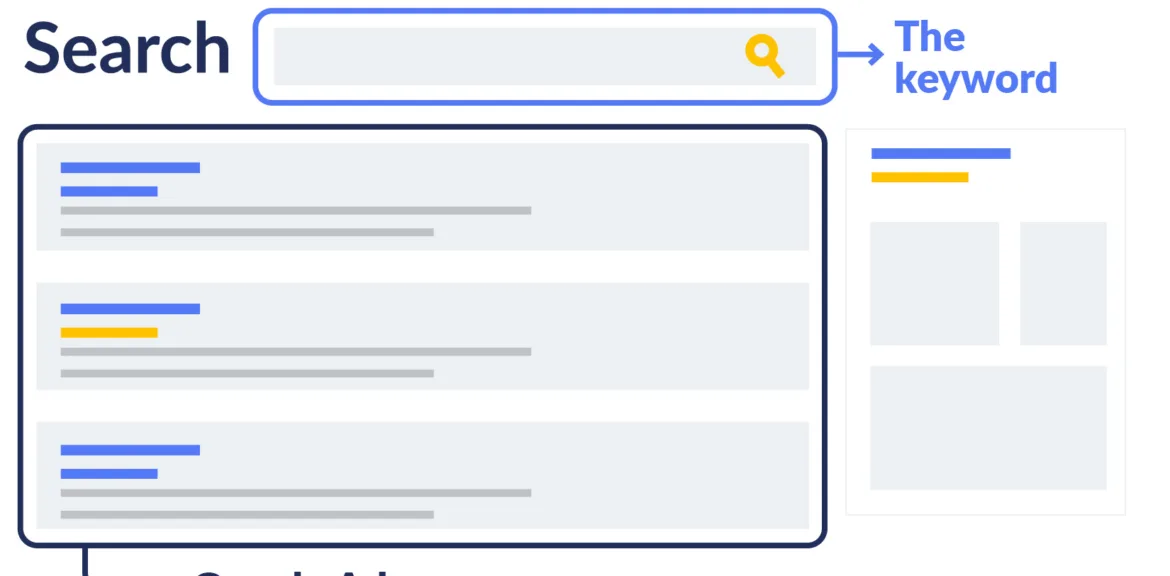
Why Keyword Search Tools Are Essential for SEO
Whether you’re building a blog, launching a business website, or running a digital marketing campaign, success in the online world hinges on visibility. That’s where keyword search tools come in—they are the backbone of any effective SEO strategy. Without them, you’re essentially shooting in the dark, hoping people find your content.
In this ultimate guide, we’ll break down everything you need to know about keyword search tools: what they are, how they work, how to use them effectively, and why they’re critical to achieving SEO success.
What is a Keyword Search Tool? (And Why It Matters)
A keyword search tool is a digital tool that helps you discover what your target audience is typing into search engines like Google. These tools analyze trends, competition, and search volume to help you uncover high-potential keywords.
Here’s why using a keyword search tool matters:
- It reveals what people are searching for.
- It identifies profitable keywords you might not think of.
- It helps you optimize your content for better rankings.
- It ensures you’re targeting keywords with the right intent.
Popular tools include Google Keyword Planner, Ubersuggest, Ahrefs, SEMrush, and Moz Keyword Explorer.

How to Use a Keyword Search Tool Effectively
Now that you understand what a keyword search tool is, let’s explore how to actually use one to your advantage.
Step-by-Step Guide:
- Enter a Seed Keyword
Begin with a broad keyword related to your niche (e.g., “digital marketing”). - Analyze the Suggestions
Tools will show related keywords, long-tail keywords, and LSI (Latent Semantic Indexing) keywords. Focus on:- Search volume
- Keyword difficulty
- Cost-per-click (CPC)
- Search intent
- Choose Long-Tail Keywords
These are longer, more specific phrases (e.g., “best keyword tool for SEO beginners”). They’re easier to rank for and usually have higher conversion rates. - Check Competitor Keywords
Use tools like Ahrefs or SEMrush to spy on your competitors and find the keywords they rank for.
Pro Tip: Prioritize keywords that have moderate difficulty and high search intent.
The Role of Keyword Search Tools in Content Strategy
A good keyword strategy is more than just plugging a few phrases into your blog posts. Here’s how a keyword search tool supports your entire content strategy:
🔹 Content Planning
Generate ideas for blog topics based on high-search-volume keywords. This ensures that you’re creating content people are already searching for.
🔹 On-Page SEO Optimization
Find the right keywords for titles, headers, image alt text, and meta tags. Most tools will even give you keyword difficulty scores, so you know what’s achievable.
🔹 Audience Targeting
Different keywords reflect different stages of the buyer journey. For example:
- “What is SEO?” = Top of Funnel (Awareness)
- “Best keyword tool for WordPress” = Middle of Funnel (Consideration)
- “Buy SEO keyword tool online” = Bottom of Funnel (Conversion)
🔹 Performance Tracking
Many keyword tools also help you track rankings, so you can measure progress and adjust your strategy accordingly.
Internal Link Suggestion: Website and SEO Services: Boost Your Online Presence
Tips, Examples, and Mistakes to Avoid
Using a keyword search tool is powerful, but you need to know how to use it wisely.
✅ Best Practices
- Focus on user intent, not just volume.
- Mix short-tail and long-tail keywords in your content.
- Use LSI keywords like “SEO tools,” “search engine optimization,” and “Google keyword planner” to give your content semantic depth.
- Update your keywords regularly based on trends and analytics.
❌ Common Mistakes
- Keyword Stuffing: Overusing your keyword harms readability and SEO. Stick to a natural flow.
- Ignoring Competition: Some keywords are just too competitive—pick your battles.
- Skipping Intent Matching: If someone’s searching “free SEO tools,” don’t pitch them a $99/month software in your article.
Example:
Let’s say you’re creating a blog about freelance writing. Using a keyword tool, you find:
- High volume: “freelance writing jobs” (very competitive)
- Long-tail: “how to get freelance writing jobs as a beginner” (moderate difficulty, high intent)
Which should you choose? The long-tail one! It’s easier to rank and brings in the right audience.

Conclusion: Your Next Step to SEO Success
A keyword search tool isn’t just a nice-to-have—it’s your SEO GPS. It helps you plan, execute, and optimize your content strategy, ensuring that you’re targeting the right people with the right messages.
Key Takeaways:
- A keyword search tool reveals search behavior and trends.
- It helps you uncover long-tail keywords and niche opportunities.
- It supports content creation, SEO optimization, and competitor analysis.
- It prevents guesswork and improves your chances of ranking on Google.
If you’re ready to level up your SEO, start using a keyword search tool today. Choose one that fits your needs and budget, and begin building content that gets noticed, clicked, and ranked.
👉 Need help with SEO or keyword research? Contact us at Ingenio Digital Marketing or explore our SEO tools to get started.











